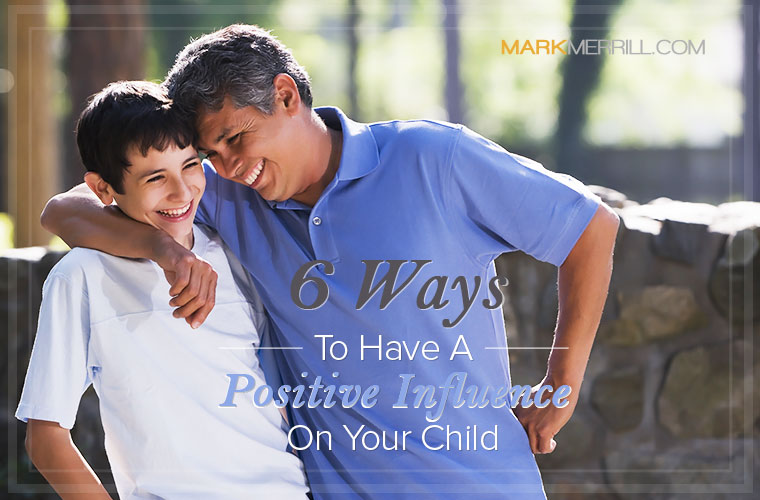Every parent wonders, sooner or later, if what they taught their kids actually stuck with them in a meaningful way. Susan and I met a young lady recently at a wedding. She is in her 20s and shared with us a discussion that she had with her mom. During that talk, her mom asked her, “What do you think are the most important values we taught you growing up and are they still important to you?” What her mom really wanted to know was whether it stuck. Was her daughter now embracing all of those things their family holds so dear…all those things she spent teaching her daughter. And maybe she wanted some kind of confirmation that she, as a parent, did her job well.
It got me thinking. What are we responsible for as parents? How responsible are we for the “sticking” part? It’s a tough question to answer. Let’s at least start exploring this question with an analogy to gardening. When my kids were young, we planted gardens with green beans, corn, carrots, and tomato seeds. They all turned out pretty good with the exception of the corn. For some reason, it didn’t do so well in the Florida soil. We had the responsibility of planting those seeds, watering, fertilizing, and weeding around them. But, ultimately, we did not make them grow. We had an important influence on how the crop turned out, but we did not control how it turned out.
In parenting, we can and should sow good seeds into our children’s minds and hearts. And we should “water” and nurture them with great vigor and diligence. The sweat on our brow from our hard work in raising our kids should be significant. So we do have a huge influence on them. But, as they grow into teens and young adults, we cannot ultimately control whether those seeds will grow exactly as we expected and bear all the fruit we desire. We can significantly influence, but cannot control what they’ll believe, what they’ll value, or how they’ll behave.
So given what we can and should do as parents, here are some ways to have a huge, positive influence on our children’s lives:
Making memories:
Creating good memories or redeeming bad memories has a lasting impact on kids. Looking back on their childhood someday, the fruit of those seeds will be found in the stories that they share. And those stories will also be how they describe and define your family for future generations. Think of making these memories like building family monuments that will help them remember your family life.
Teaching life lessons:
Keeping your eyes open for the “teachable moment” is critical to some of the biggest life lessons your kids will learn. For example, I remember doing some weeding in our yard with my children when they were young. When I noticed them getting bored, I tossed out a question: “What would happen if we didn’t weed?” “Well,” said my oldest daughter, “all the good stuff would die.” I went on to explain how that’s true in our lives as well and had them tell me some of the “weeds” we all need to watch for. They came up with things like calling people names, lying, and being mean to other children. We talked about how weeds choke out our joys and hurt our relationships. I wrapped up this mini life lesson by sharing this truth: “Just like in the yard, if we don’t get rid of the weeds in our lives, the weeds will get rid of the good stuff.” Hopefully, a life lesson learned.
Relating well with others:
How you interact with the people around you sows seeds in your child’s heart about how they should interact with others. They watch what you do more than hear what you say. Their future choices will, in large part, reflect your values and relationship with them.
Modeling virtues:
It won’t matter as much to your child what character qualities you say are important. What will matter most are the qualities you show in everyday life…honesty, integrity, courage, duty, honor, commitment.
Training in Truth:
Sowing seeds of truth is critical to their future. They will have to sort through millions of conflicting truth claims in their lifetime. And they need you, now, to plant in them the absolute truths. They also need to hear the why behind the what of your convictions. The fruit of God’s truth in their minds and hearts will help them reject the lies of the world that will swirl around them.
Loving well:
In the future, your child’s decisions to love what you love and value what you value will be based on the seeds of love you sow with them now. Your child needs to know, beyond any doubt, that you always have their best interests at heart and always love them no matter what.
What are some other ways you sow into the hearts of your child, with a future harvest in mind? Please share your thoughts in the comments below.



